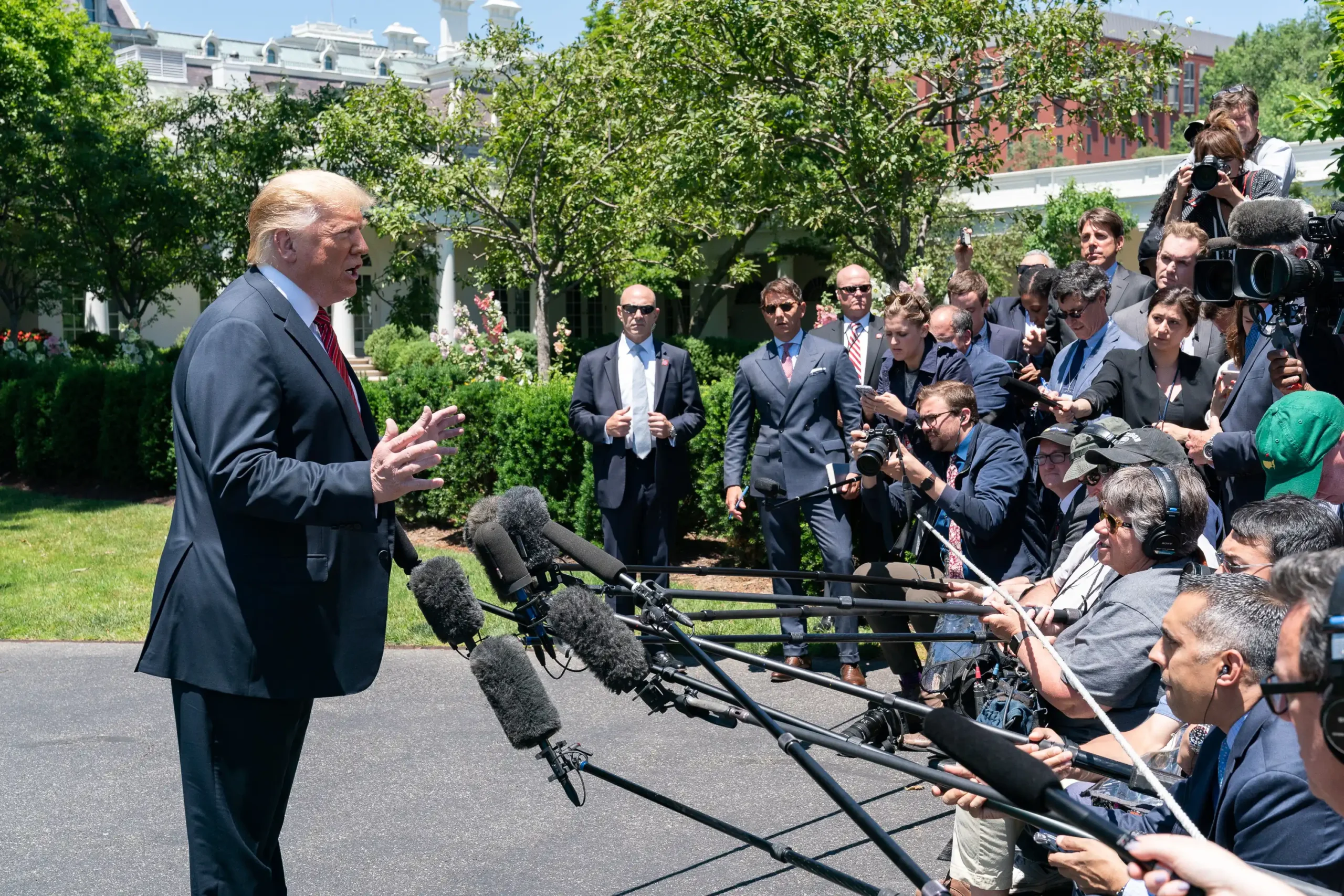Raw Deal: Why Cold, Hard Data Could Save Your Dog

Dr Tom Lonsdale
- Published
- Home, Opinion & Analysis

From predicting the weather and discovering genes to developing groundbreaking medical breakthroughs, scientific data helps us to understand the world around us and to help people – and animals – in need. As World Statistics Day approaches next month, veterinary surgeon Dr Tom Lonsdale calls on experts to complete his life’s work by obtaining new, quantitative data into the alleged harmful effects of processed pet food
It has been 30 years since I published two studies into dog and cat diets. Specifically, I set out to test the theory that treating gum disease and swapping kibble and processed foods for raw, meaty bones, would successfully treat a variety of common ailments. From relatively minor complaints like skin conditions, bad breath, and diarrhoea to more serious issues affecting the liver, pancreas, heart, kidneys and immune system, the dual aim of my research was to save animals from needlessly falling ill and to slash owners’ veterinary bills.
The results of those studies were clear and unambiguous: processed foods are, as suspected, bad for dog and cat health. The eight animals I tested showed marked improvements after being treated for diet-related gum disease and ‘prescribed’ a raw, meaty bones diet. Just as processed foods are bad for human health, they are responsible for much suffering in the animal kingdom.
It was and remains my view that a natural diet is more powerful than penicillin. It transforms pets’ vitality and zest for life. And it extends their lifespan, too: start puppies and kittens on a raw meaty bones diet at six weeks of age, and they’ll seldom if ever need to see a vet until their final years.
The term “miracle cure” is banded around quite frequently by experts and the media, most usually without justification. But in this case, that terminology is accurate. Raw, meaty bones, works miracles on almost every common ailment in dogs and cats.
Those studies, published in Control & Therapy and Journal of Small Animal Practice, were to the best of my knowledge the first and only ones of their kind anywhere in the world. It was a small part of my life’s work to educate the public and to hold manufacturers of processed animal food to account. At the time the studies were published, I naively believed they would bring about major consumer change and lead to a much-needed overhaul of pet food standards and regulations.
Instead, I was ostracised by a substantial portion of the veterinary industry. By highlighting the problems and offering a simple, relatively cost-free solution, I inadvertently put my head above the parapet. It has remained there – as a target for vilification – for three decades.
I am the first to admit that my research could have been more expansive. With adequate funds and resources, neither of which I possessed, it would have focused on thousands of animals and covered a decade of treatment at least. Had it been so, the paradigm shift would have been immediate, widespread, and lasting.
Statistics are important for understanding the world around us. They give us the information we need to make informed decisions and to help people – and animals – in need. As we approach World Statistics Day on 20th October, it is my hope that the veterinary industry takes my research onto the next level to develop objective and reliable guidance. At that point, and only at that point, will I drop my head below the parapet.

Dr. Tom Lonsdale BVetMed MRCVS is a veterinary clinician and author with over 50 years of experience. Known internationally as a pioneer and authority on the nutritional and medicinal features of a natural diet for pets, he is a vocal advocate against what he perceives as collusion between the veterinary establishment and the pet food industry. He has earned the moniker, ‘The Whistleblower Vet’, for debunking misinformation about pet health. His latest book, Multi-Billion-Dollar Pet Food Fraud, won The Dog Writers Association of America’s ‘Best of the Best’ Book Award.
Main image: Courtesy Lukas/Pexels
RECENT ARTICLES
-
 Can we regulate reality? AI, sovereignty and the battle over what counts as real
Can we regulate reality? AI, sovereignty and the battle over what counts as real -
 NATO gears up for conflict as transatlantic strains grow
NATO gears up for conflict as transatlantic strains grow -
 Facial recognition is leaving the US border — and we should be concerned
Facial recognition is leaving the US border — and we should be concerned -
 Wheelchair design is stuck in the past — and disabled people are paying the price
Wheelchair design is stuck in the past — and disabled people are paying the price -
 Why Europe still needs America
Why Europe still needs America -
 Why Europe’s finance apps must start borrowing from each other’s playbooks
Why Europe’s finance apps must start borrowing from each other’s playbooks -
 Why universities must set clear rules for AI use before trust in academia erodes
Why universities must set clear rules for AI use before trust in academia erodes -
 The lucky leader: six lessons on why fortune favours some and fails others
The lucky leader: six lessons on why fortune favours some and fails others -
 Reckon AI has cracked thinking? Think again
Reckon AI has cracked thinking? Think again -
 The new 10 year National Cancer Plan: fewer measures, more heart?
The new 10 year National Cancer Plan: fewer measures, more heart? -
 The Reese Witherspoon effect: how celebrity book clubs are rewriting the rules of publishing
The Reese Witherspoon effect: how celebrity book clubs are rewriting the rules of publishing -
 The legality of tax planning in an age of moral outrage
The legality of tax planning in an age of moral outrage -
 The limits of good intentions in public policy
The limits of good intentions in public policy -
 Are favouritism and fear holding back Germany’s rearmament?
Are favouritism and fear holding back Germany’s rearmament? -
 What bestseller lists really tell us — and why they shouldn’t be the only measure of a book’s worth
What bestseller lists really tell us — and why they shouldn’t be the only measure of a book’s worth -
 Why mere survival is no longer enough for children with brain tumours
Why mere survival is no longer enough for children with brain tumours -
 What Germany’s Energiewende teaches Europe about power, risk and reality
What Germany’s Energiewende teaches Europe about power, risk and reality -
 What the Monroe Doctrine actually said — and why Trump is invoking it now
What the Monroe Doctrine actually said — and why Trump is invoking it now -
 Love with responsibility: rethinking supply chains this Valentine’s Day
Love with responsibility: rethinking supply chains this Valentine’s Day -
 Why the India–EU trade deal matters far beyond diplomacy
Why the India–EU trade deal matters far beyond diplomacy -
 Why the countryside is far safer than we think - and why apex predators belong in it
Why the countryside is far safer than we think - and why apex predators belong in it -
 What if he falls?
What if he falls? -
 Trump reminds Davos that talk still runs the world
Trump reminds Davos that talk still runs the world -
 Will Trump’s Davos speech still destroy NATO?
Will Trump’s Davos speech still destroy NATO? -
 Philosophers cautioned against formalising human intuition. AI is trying to do exactly that
Philosophers cautioned against formalising human intuition. AI is trying to do exactly that


























